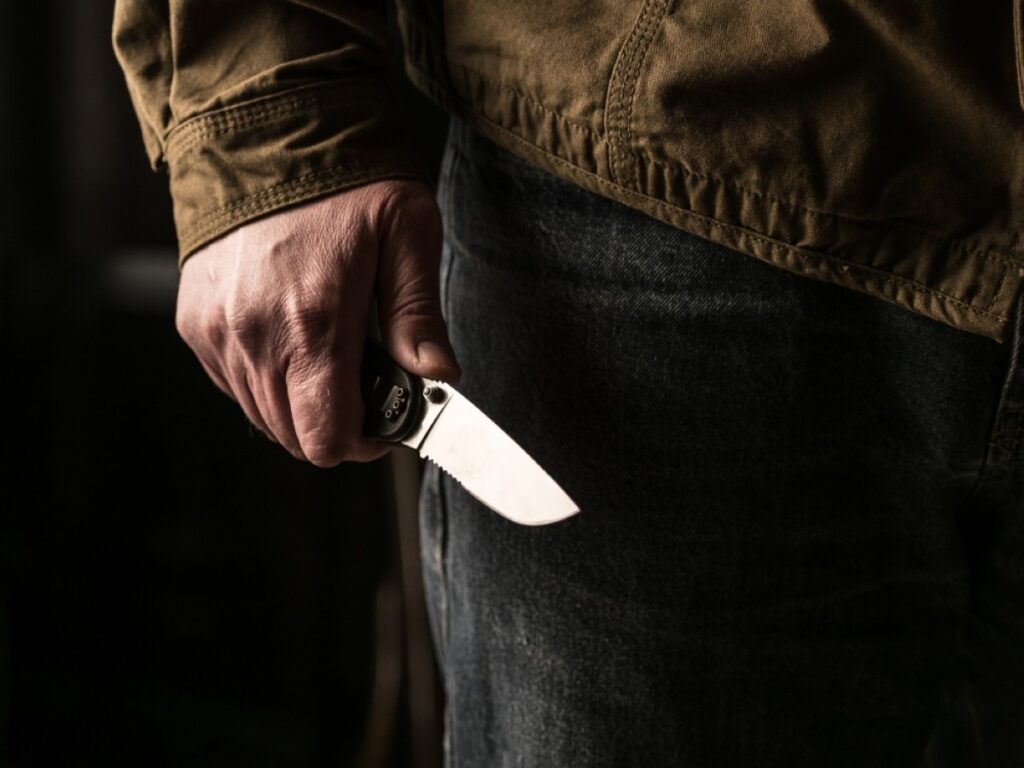Amended law introduces new rules on possession, tough penalties amid rising public safety concerns
KUWAIT: Kuwait has introduced sweeping changes to its decades-old weapons law, expanding it beyond firearms and ammunition to cover knives and air guns — a move officials say is aimed at curbing “growing violence” in the country and protecting public safety.
The changes are part of Decree Law No 90 of 2025, which amends the original 1991 legislation that regulated the possession and use of guns. The update comes as authorities report a noticeable increase in incidents where white weapons (such as knives and blunt objects) and air-powered guns have been used to intimidate or harm people in public places.
The law gives the Ministry of Interior broader powers to restrict how and where these weapons are used, and imposes new criminal penalties on those who violate the rules — including jail time, fines and possible business closures.
Why is this happening now?
According to an explanatory note published alongside the law, the government is responding to “a widespread rise” in the use of knives and air guns in attacks and public threats. Officials say these weapons were not adequately covered under the old legislation, creating gaps in enforcement that contributed to a rise in public safety concerns. By updating the law, the government says it hopes to deter such behaviour and bring the legal framework in line with current security needs.
What’s new in the law?
One of the most significant changes is the expanded definition of what counts as a weapon. For the first time, the law regulates “white weapons” — a literal translation of an Arabic term for weapons including knives, machetes and other sharp or blunt instruments — and “dangerous air weapons”, such as air rifles or pistols with a caliber of six millimetres or more.
Possessing or carrying these items now requires a government-issued license, just like firearms. The law also introduces a new category of “prohibited places,” where carrying any weapon is banned. These include: public gatherings and commercial centres; places of worship; public transport; schools and universities; and other areas that the Ministry of Interior can designate at its discretion. Even licensed weapons are banned in these areas unless there’s a clear personal or professional justification.
What are the penalties?
The amendments set out a range of new penalties, including up to one year in jail and a fine of KD 1,000 for carrying a knife or air gun in a prohibited place without valid reason. Anyone who uses such weapons to deliberately frighten someone in public can be sentenced to up to two years in jail. Individuals or businesses that import, sell, or market these weapons without a license face fines of up to KD 5,000, plus potential shutdowns.
Penalties are doubled for repeat offenses, and in all cases, the weapons involved will be confiscated by authorities. The law maintains the long-standing complete ban on silencers, machine guns and cannons, regardless of license status.
As before, members of the police, army, National Guard, and fire services are exempt from these restrictions when carrying weapons as part of their official duties. The Interior Minister may also exempt other entities on a case-by-case basis.
What happens next?
The amended law will take effect three months after it is published in the official gazette. Until then, individuals and businesses have a grace period to review their compliance — and apply for licenses if needed. If you own a knife, BB gun, or other potentially restricted item, now’s the time to find out whether it falls under the new rules. And if you carry or sell such items without a permit, you could soon face legal consequences.

